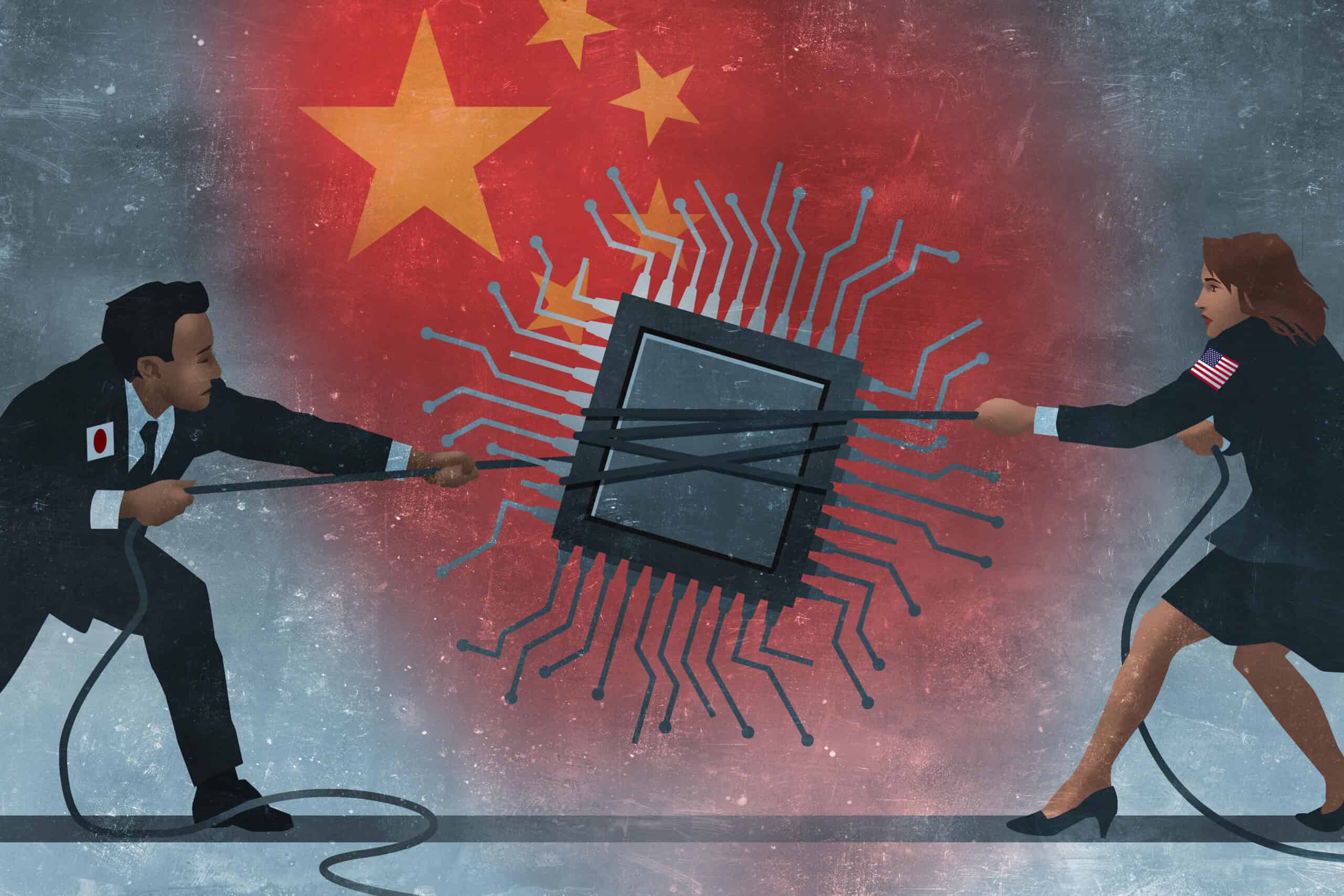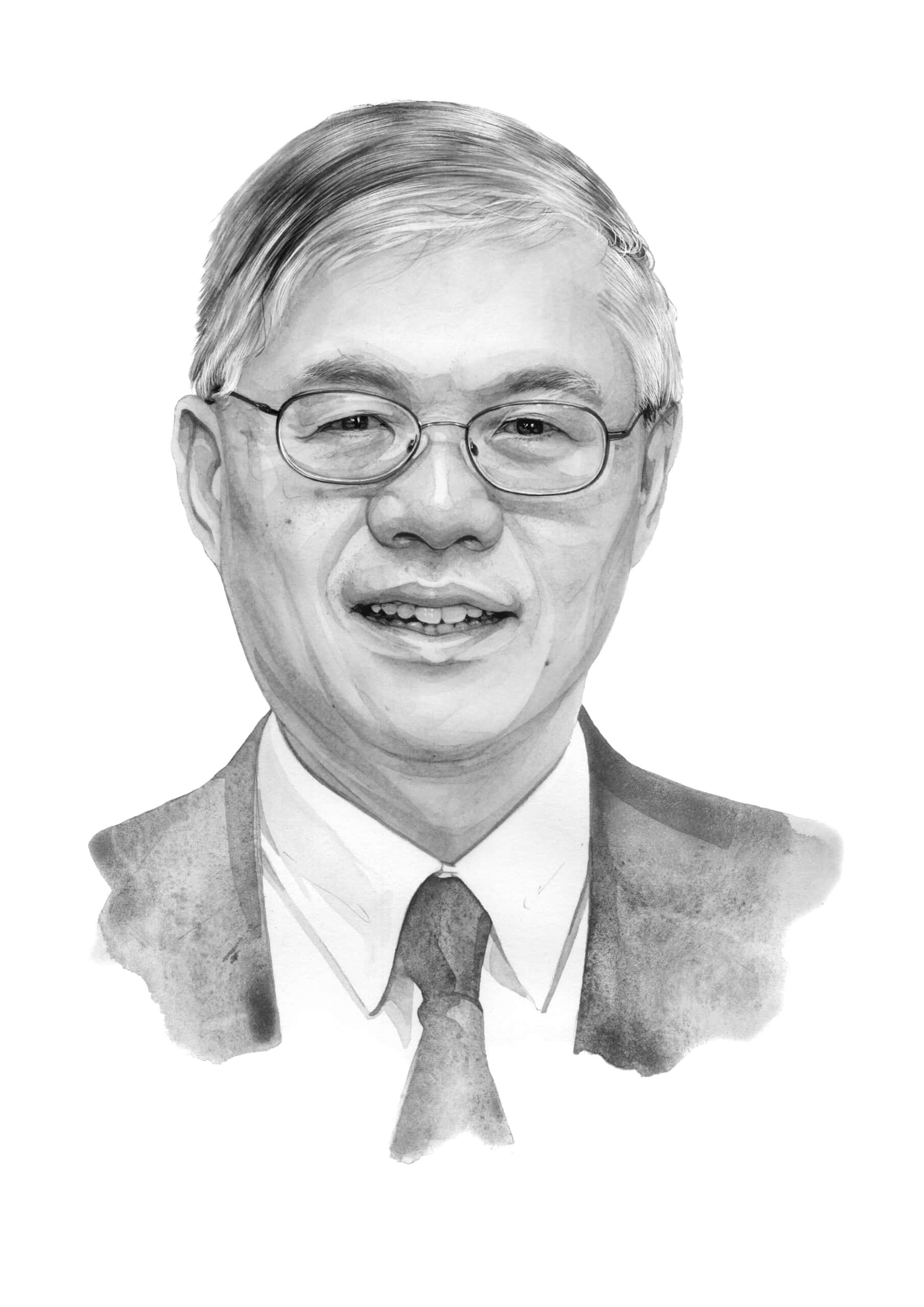Good Morning. Welcome to The Wire’s daily news roundup. Each day, our staff gathers the top China business, finance, and economics headlines from a selection of the world’s leading news organizations.
The Wall Street Journal
Cartier’s Wake-Up Call for Luxury Dreamers — European luxury brands may be later than investors think to benefit from China’s rapid economic recovery.China’s Economy Appears Back on Track, but Challenges Remain — China reported a robust rebound in the
Navigate China's Business Landscape with Confidence.
- Gain visibility into supplier risks
- Easily manage trade compliance
- Conduct in-depth due diligence




